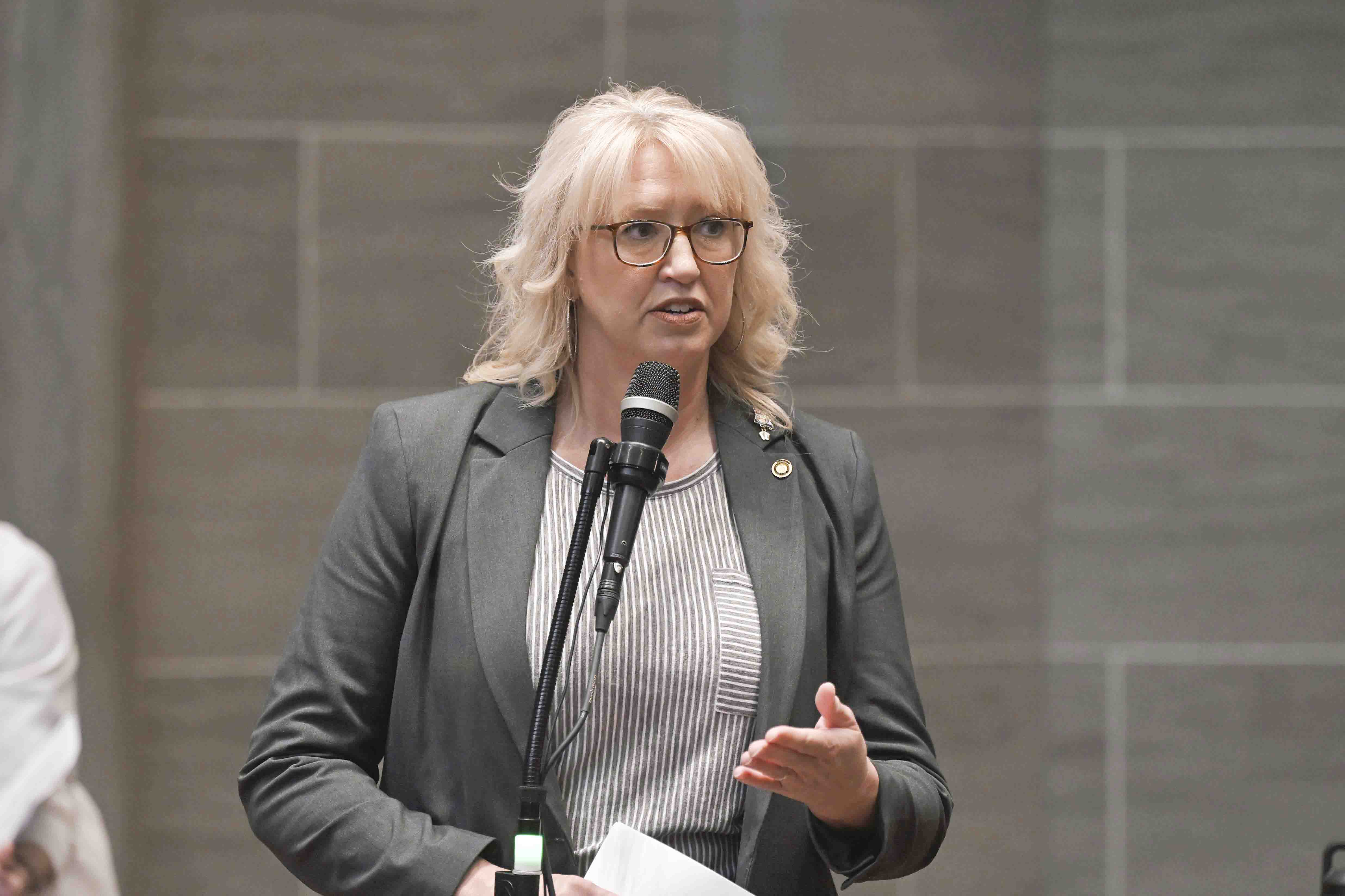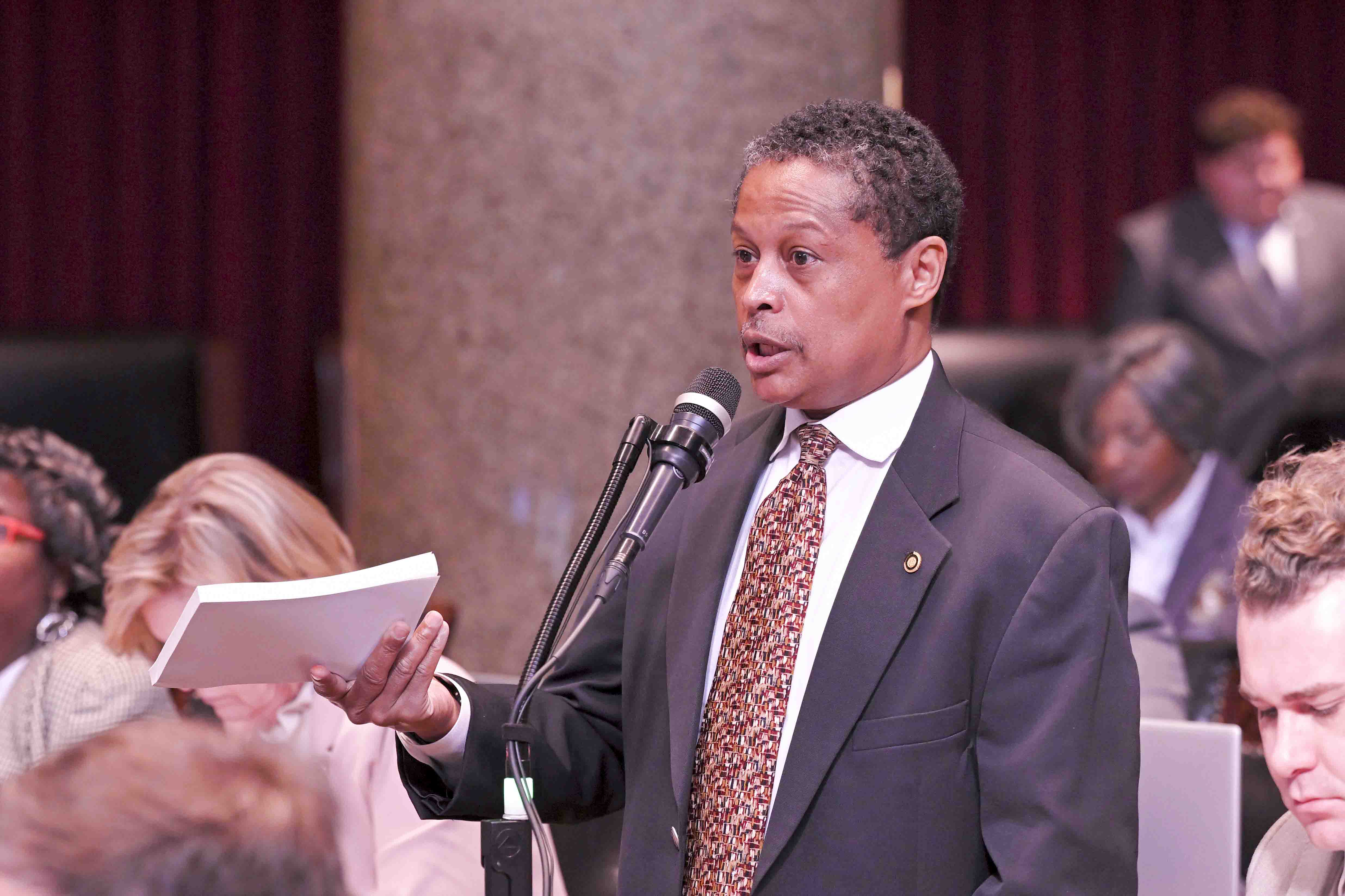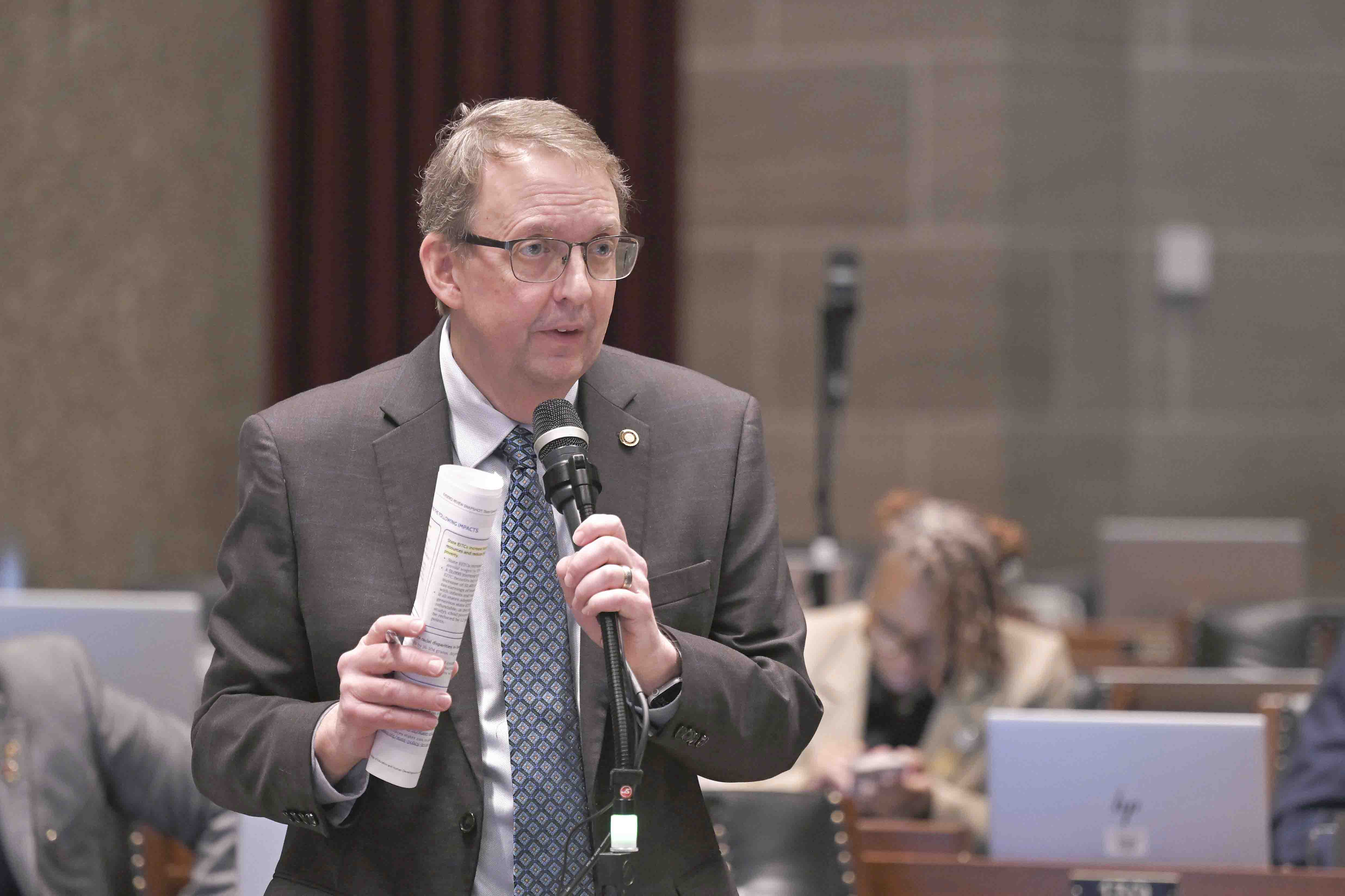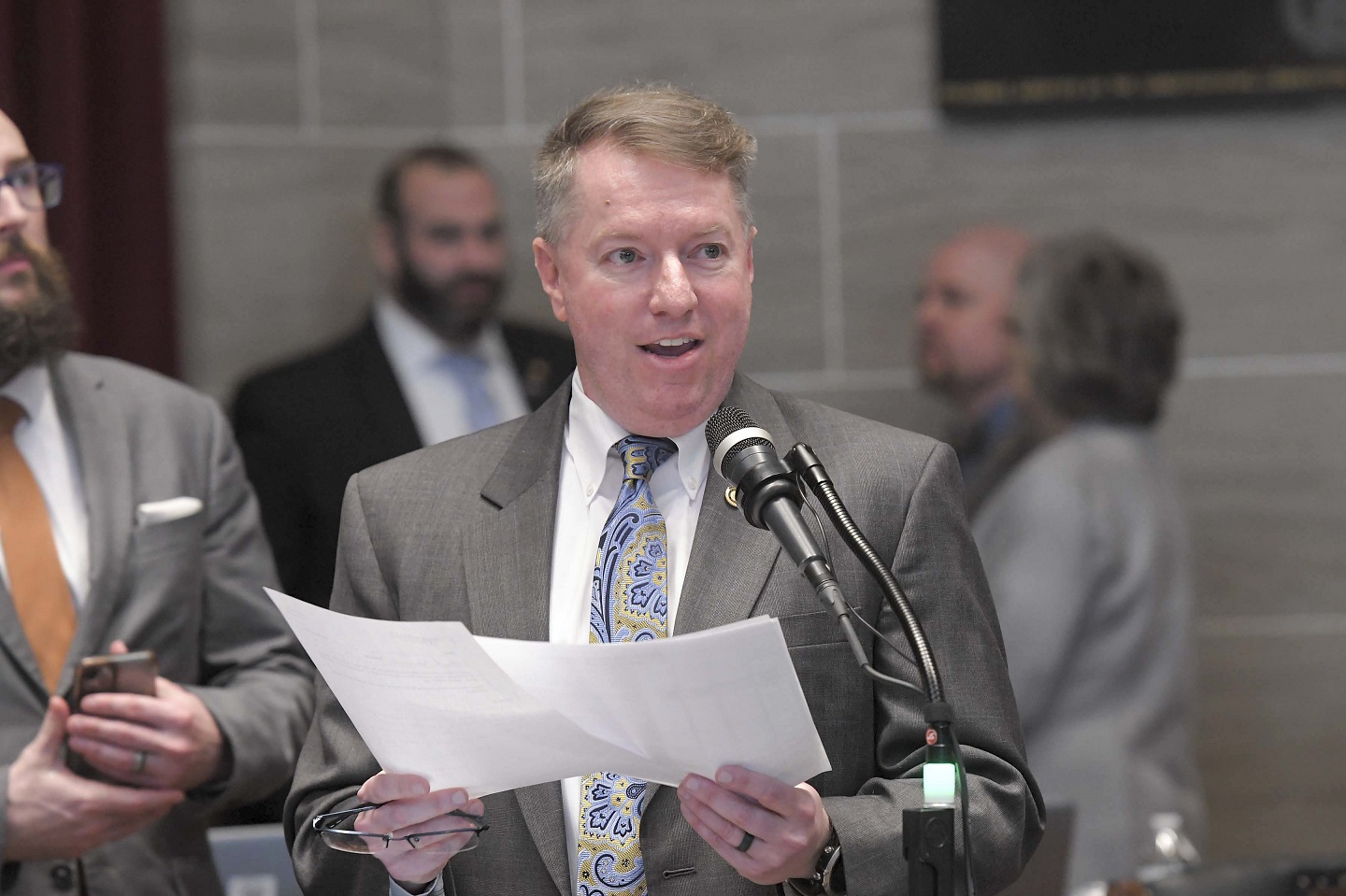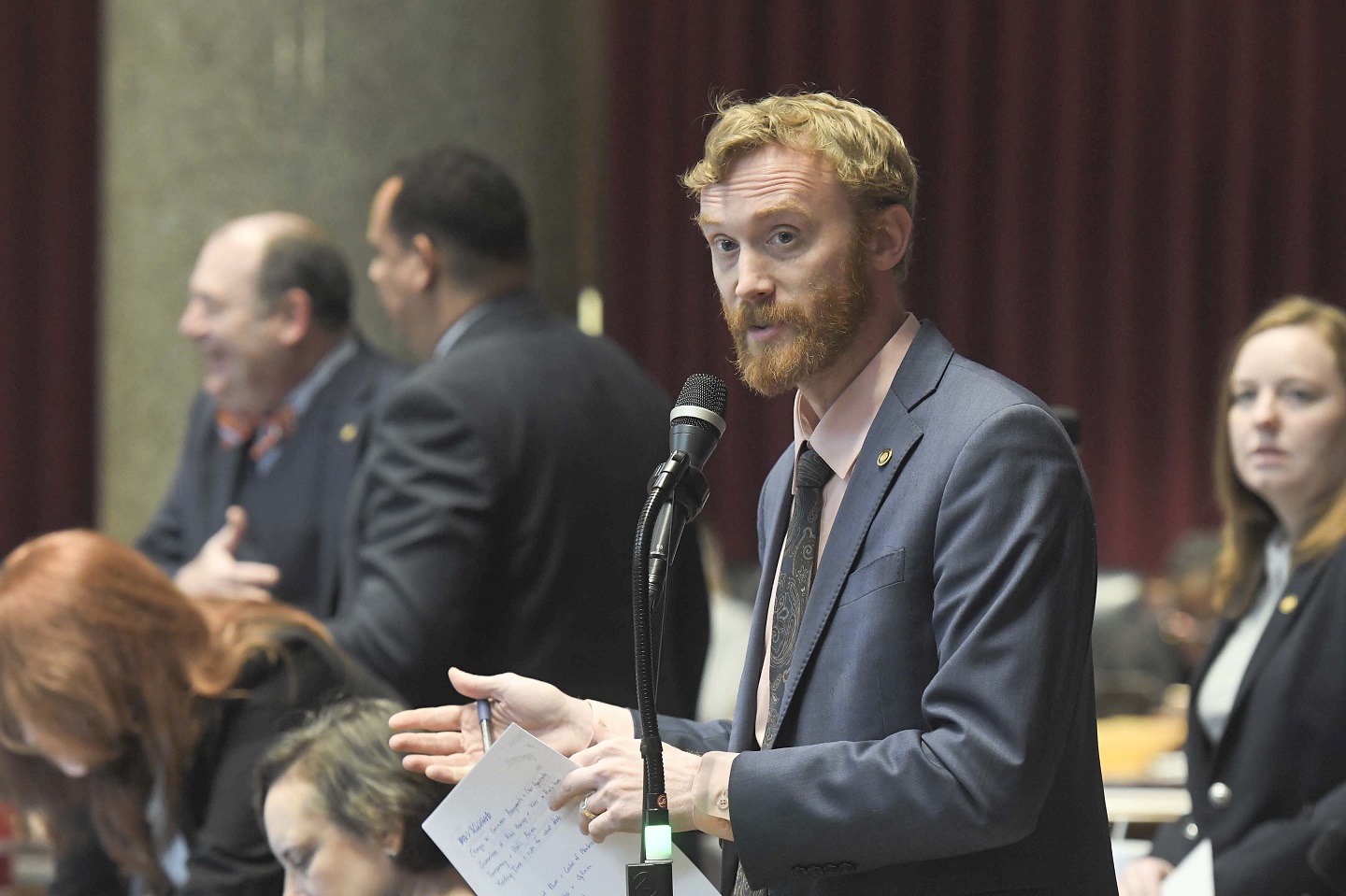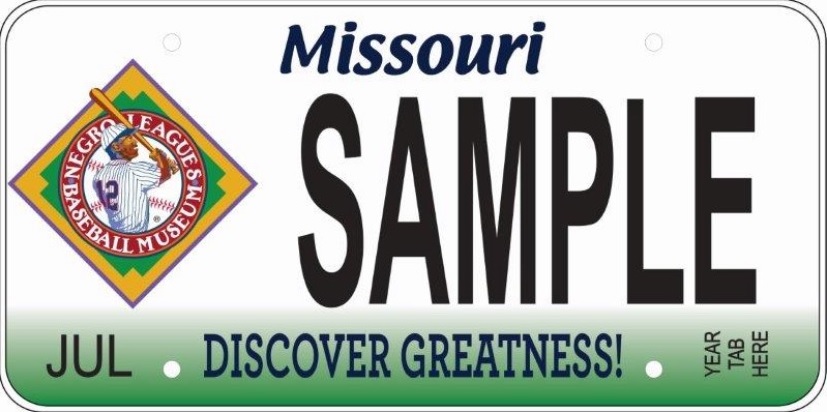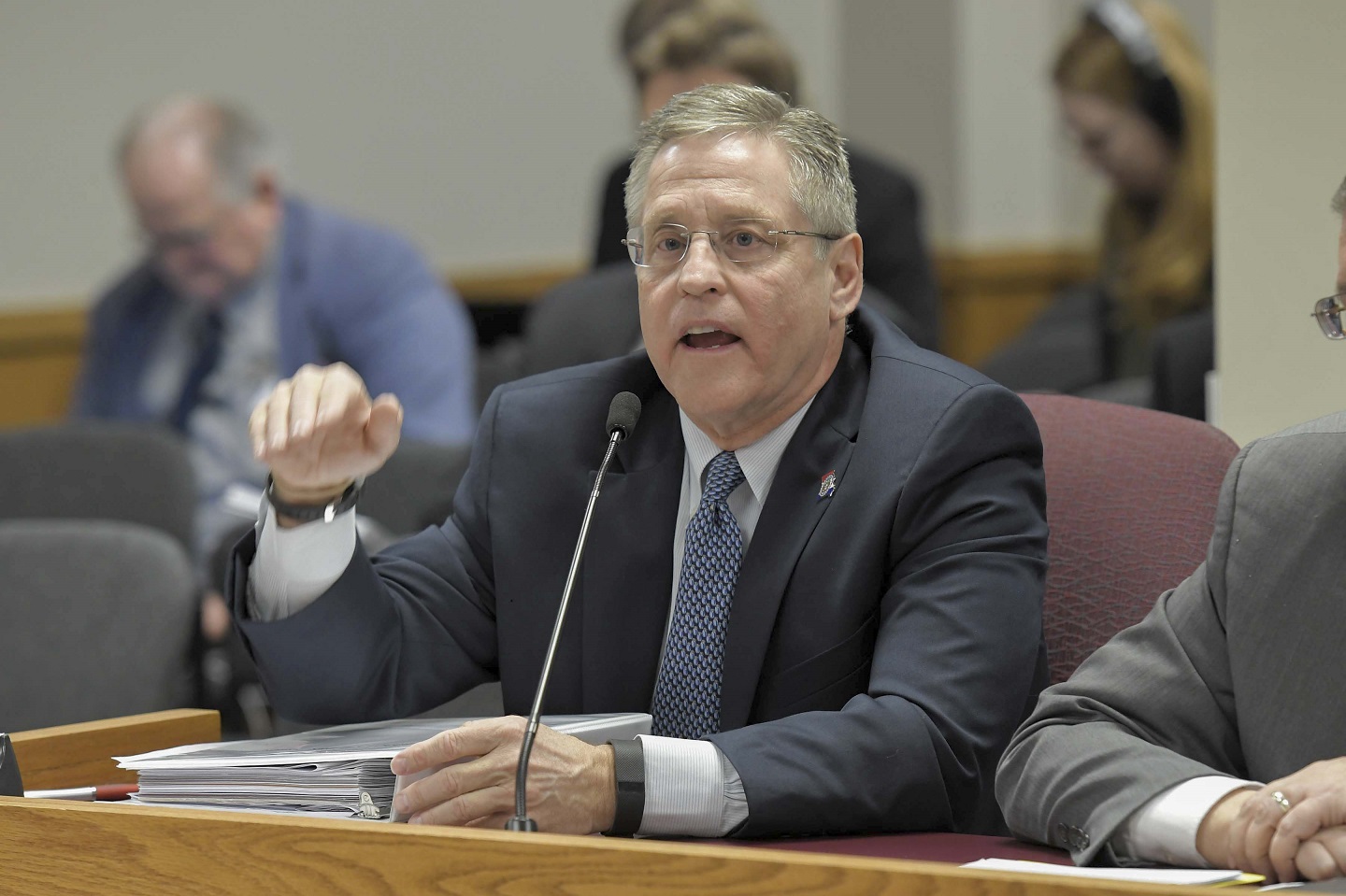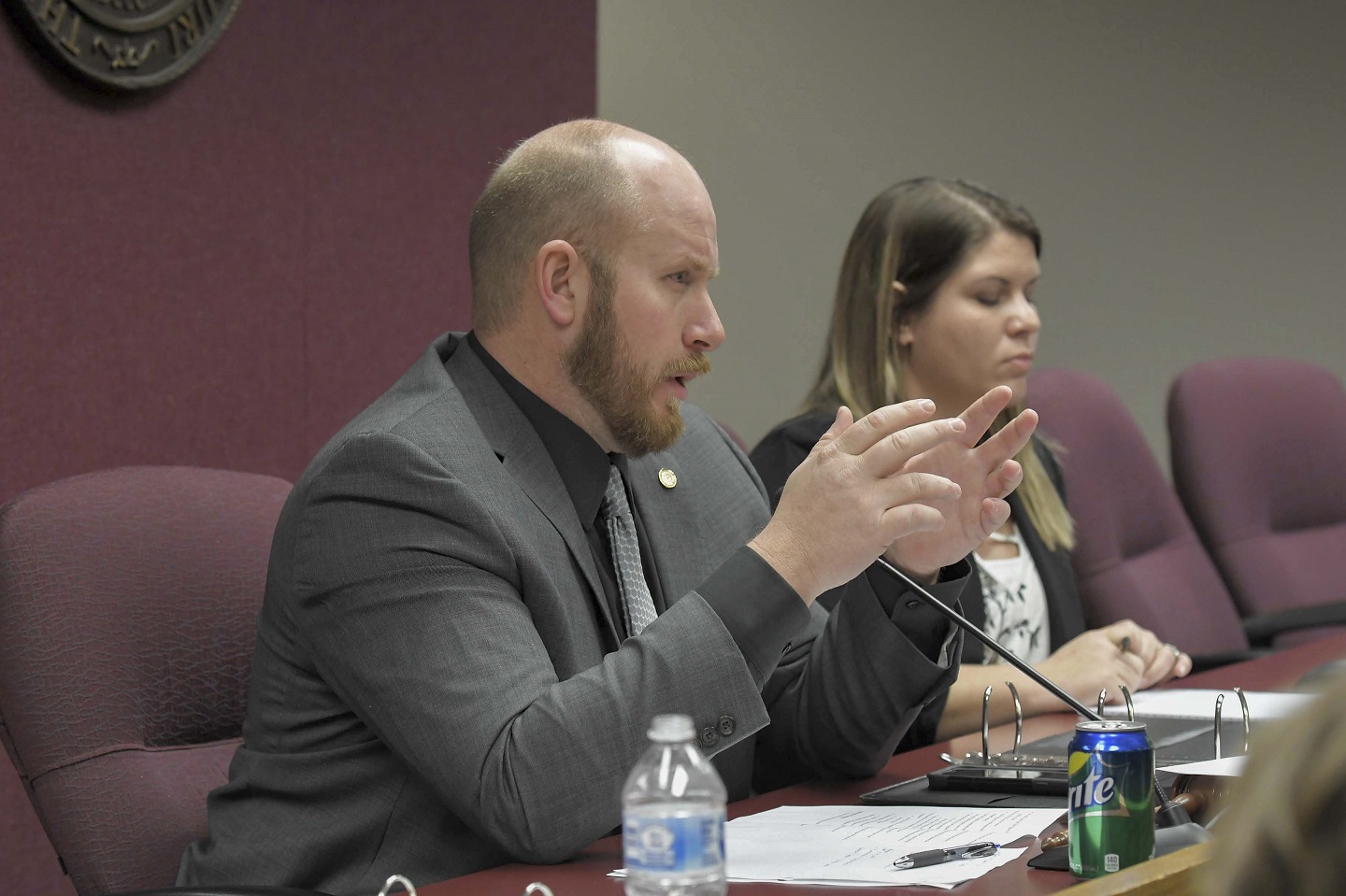Many Missourians are already not a fan of tax filing day, which came this week. As Representative Becky Laubinger (R-Park Hills) explains, some of them have been surprised with additional reasons to be aggravated, in past years.
The issue Laubinger’s bill deals with is that when there are enough claims against a state tax credit for it to reach its annual cap, some claimants, even though they met all qualifications, will get a bill from the Department of Revenue for the amount they claimed, plus interest and penalties. This is in spite of the fact that there is no way for them to know that cap would been reached.
House Bill 828, “would remove the penalties and interest for someone who qualified for a tax credit but the state hit the cap. They would still have to pay their taxes in full within 60 days or they would receive penalties and interest,” Laubinger told her colleagues.
Those bills from the Department of Revenue put some Missourians off claiming tax credits, many of which benefit benevolent organizations such as food banks, children’s crisis centers, domestic violence shelters, and other charities that serve those most at need in their communities.
Arnold representative Phil Amato (R) for many years was the president of his local food pantry. He has sponsored similar legislation, having experienced firsthand what happens when these bills are sent out.
“Sometimes it takes you two to three years to talk somebody that has the wherewithal to write a check, and you tell them that it’s a 50 percent tax credit, that they’re going to get half their money back, and then they get a letter from the Department of Revenue that some of their donation has been disqualified, and then adding insult to injury is they’re charging them penalty and interest,” Amato explained. “Then the person is really upset because you’ve convinced them, ‘It’ll make you feel good to write this check to the local food pantry and help people that are hungry.’”
Laubinger’s bill enjoys broad bipartisan support, with no votes being cast against it as went through two House committees and was advanced to the Senate, 151-0.
Representative Del Taylor (D-St. Louis), the top Democrat on the House’s Ways and Means committee, through which the legislation was passed, urged those in his party to support the proposal.
Amato said he would like to know whether the state is even making back the money that it spends on collecting these taxes and penalties.
It’s now up to the state’s Senate to consider Laubinger’s proposal, but the House will have another chance to act. The Senate version of her bill is awaiting action in a House committee.
Either way, Representative Kemp Strickler (D-Lee’s Summit) is one of the many who hopes it will reach the desk of Governor Mike Kehoe (R).
Other provisions in the bill would add to the income tax deduction for the sale or lease of farmland to beginning farmers a definition of “taxpayer;” and would stipulate that filing day for Missouri taxes must always coincide with the federal tax filing day.
